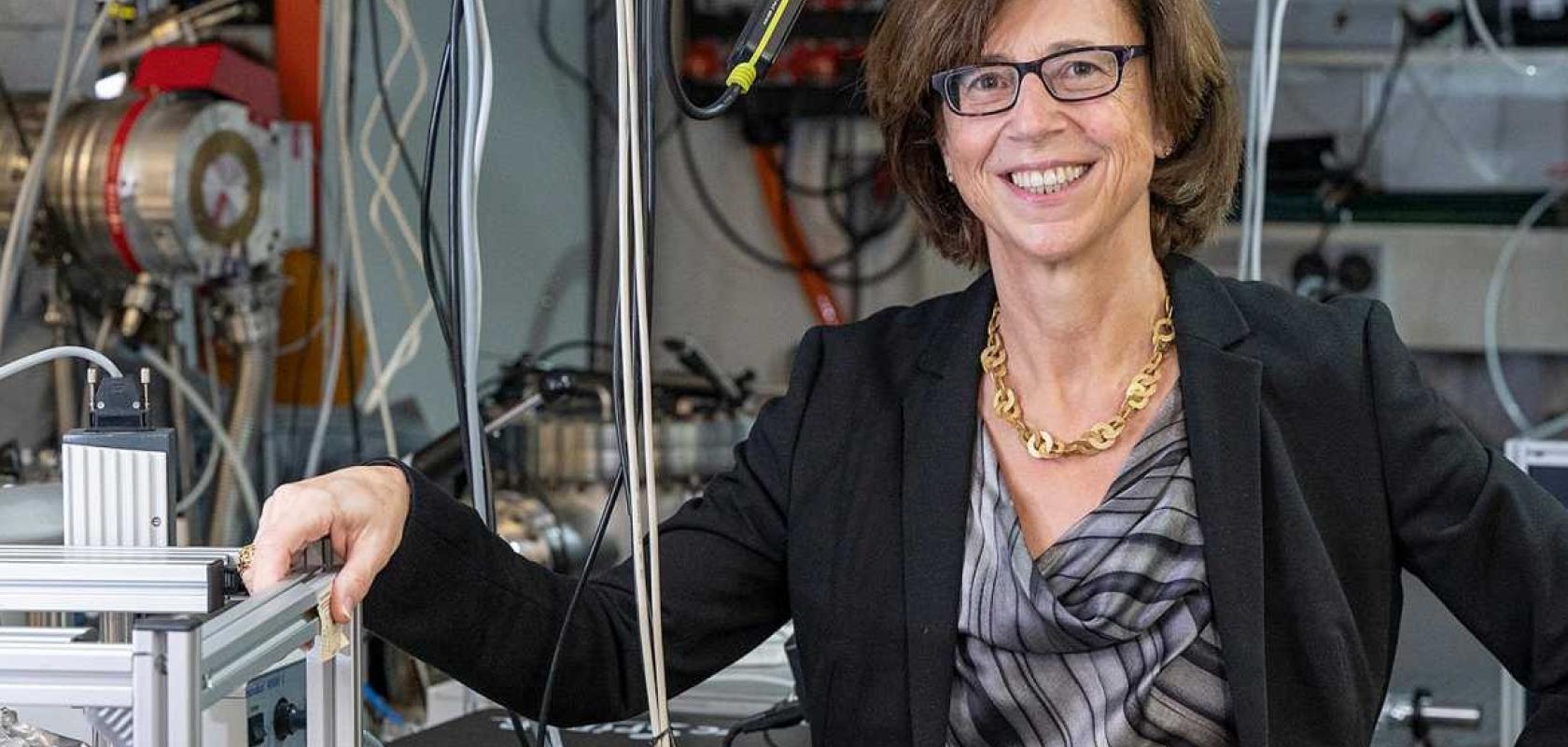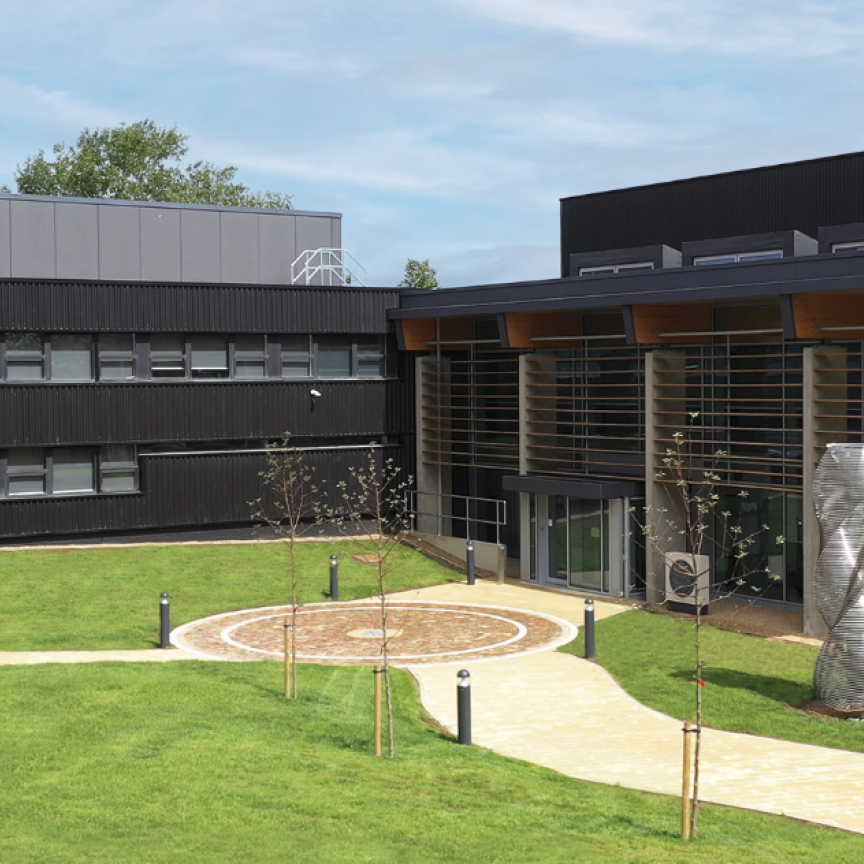Ever since the laser was invented, scientists have been keen to use the technology – to transform materials, for example. Unfortunately this was not possible with continuous-wave lasers, as they were too imprecise, and unsuitable for heat-sensitive materials.
The eventual solution was to use a pulsed laser beam, although this required more complex technology. ETH Professor Ursula Keller solved the problem by using semiconductors, and in 1991 invented semiconductor saturable absorber mirror (SESAM) technology.
Related
Swiss Science at top speed: Ursula Keller discusses her career in ultrafast science
With SESAM, she handed science, industry and medicine a new instrument that enabled previously unimaginably precise interventions. SESAM makes it possible to send light pulses from solid-state lasers at femtosecond intervals. One femtosecond is equivalent to one millionth of one billionth of a second (10-15). Over this incredibly short time it is possible to measure the movement of atoms, for example, or investigate the mechanisms of chemical reactions.
Keller was first female appointed as professor of physics at ETH Zurich almpst 30 years ago, which she said was partly 'thanks to a policy of recruiting more female scientists to leadership roles.'
As professor of physics, Keller has continued to develop the SESAM concept. She also succeeded in producing ever shorter laser pulses, until only one or two light oscillations were contained in one laser pulse. However, these oscillations were not synchronised from one pulse to the next, which was a critical factor for the development of further applications.
The solution to this problem led to a revolution in frequency measurement and the invention of the most accurate clocks in the world: the 'optical clock' and the 'attoclock'. The optical clock allows time measurement to be improved by a factor of roughly five in comparison with existing standards. The attoclock is so accurate that it can measure the fundamental processes of quantum mechanics, such as the speed of electron tunnelling.
Keller said: 'It’s an incredible honour to receive the Marcel Benoist Prize, in recognition of almost 30 years of applied and basic research at ETH Zurich. It’s also the first science award I have received in Switzerland. I would like to thank my incredible research group, along with all the postdocs, doctoral students and external partners who made this work possible.'


